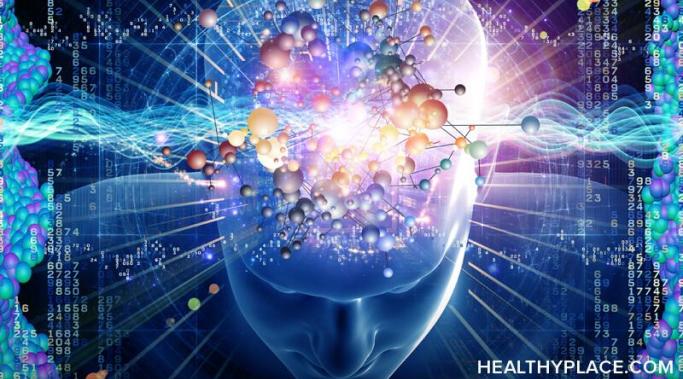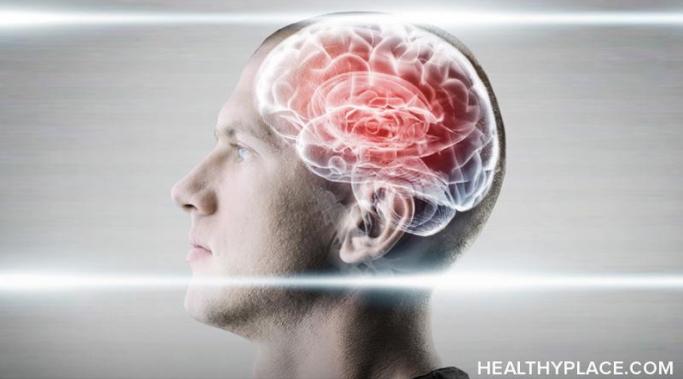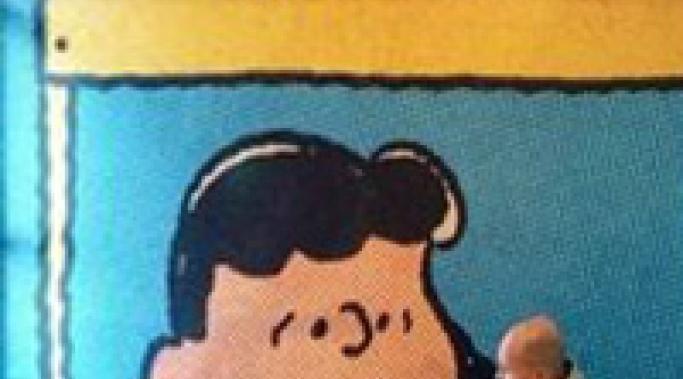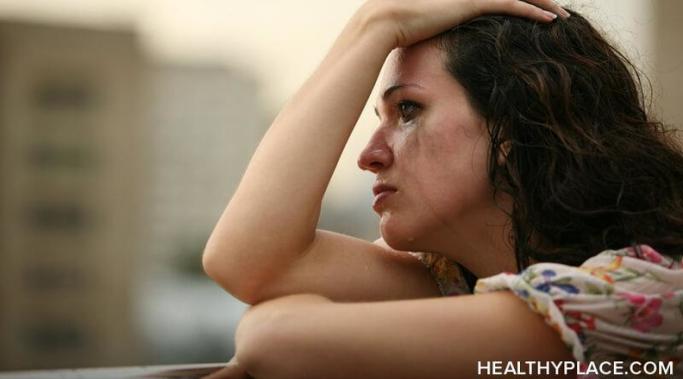The journey of a thousand miles doesn't begin with a spin class, but everyone knows they should exercise. People should be doing it right now. Me too. We should slowly and calmly step away from the Internet. And most of us even know exercise acts as an antidepressant. Which means if we actually got up and walked around once in a while, we might feel better.
But we don't do it. Not the average North American and especially not the average mentally ill North American.
How does a person with a mental illness fight that?
Depression – Breaking Bipolar
People with mental illness have various levels of functioning. Sometimes a good day is when you talk in your group therapy session at the psych ward. Sometimes a good day is getting out of bed. Sometimes a good day is going to the doctor. And sometimes a good day is giving successful presentation to a bunch of executives.
It varies from person to person.
And while anyone can tell you to “take your meds,” that doesn’t really tell you how to get from non-functional to functional. It’s true no one has the exact answer, 33 high-functioning people with bipolar disorder identified six things that keep them moving forward.
If you’re in treatment for depression and have ever mentioned a desire to die, you’ve probably heard these questions:
How would you commit suicide?
Have you make a plan to commit suicide?
And others.
So a commenter recently mentioned that this is just a way of “covering their backs,” and “. . . if I were serious about killing myself and had made a plan, why on earth would I tell them?”
This is a logical question, but an uninformed one. In studies, we know that people who attempt suicide do reach out for help and do not really want to die.
In my last article on the biological evidence for depression I discussed evidence in genes, hormones, monoamines (like serotonin) and neuroimaging. Today I’ll finish off the research areas for the biological evidence of depression and suggest what I think all this biological evidence means.
Common messages spread by certain special interest groups are that “mental illness doesn’t exist” and “there is no biological evidence for mental illness.” It’s not surprising I take great exception with these claims. So do most doctors.
But the brain is an extremely complex organ and refuting the above notions is hard. It’s not a two-word response. So, I’m going to attempt to give a two-part overview, in plain English, of some of the research around the biology of major depressive disorder according to a meta-analysis done in 2010 (see below).
The area of diet and mental illness is a contentious one. I suspect that’s for several reasons:
1. Many alternative practitioners make their living telling people what to eat and they want to believe this will help.
2. Individuals want to believe the treatment is simple, drug-free and something they can control.
3. The placebo effect leads to dramatic anecdotes.
Here's what we know about diet and bipolar disorder.
It's tempting to think that because we read a list of symptoms for a mental illness, we can diagnose ourselves. We might think that taking a self-test online indicates the presence of an illness, or lack thereof. These things, however, are simply not the case.
Some people believe that being crazy makes you creative (perhaps brilliant) and being creative makes you crazy. Similarly, along this line of logic is that taking medication makes you uncreative and perhaps, un-brilliant.
Well, pish-tosh I say.
I know this seems like an odd question, but I was considering it this morning (in my shower). It is a common problem for people with a mental illness. I have a tendency to avoid showering (really) and I know of others with a mental illness have gone weeks without showering.
So, if all we’re talking about is standing in some warm water, why don’t we want to shower?
People throw around the word “depression” as if that word means only one thing. This is far from the case, therapeutically speaking.
I would suggest there are mild, moderate or severe, relapsing/remitting or chronic depressions. Doing the basic math, that’s six types right there and we haven’t even taken into account treatment-resistant depression, or the depression subtypes noted in the DSM.
Depression is not a disease; it’s a cluster of diseases.



